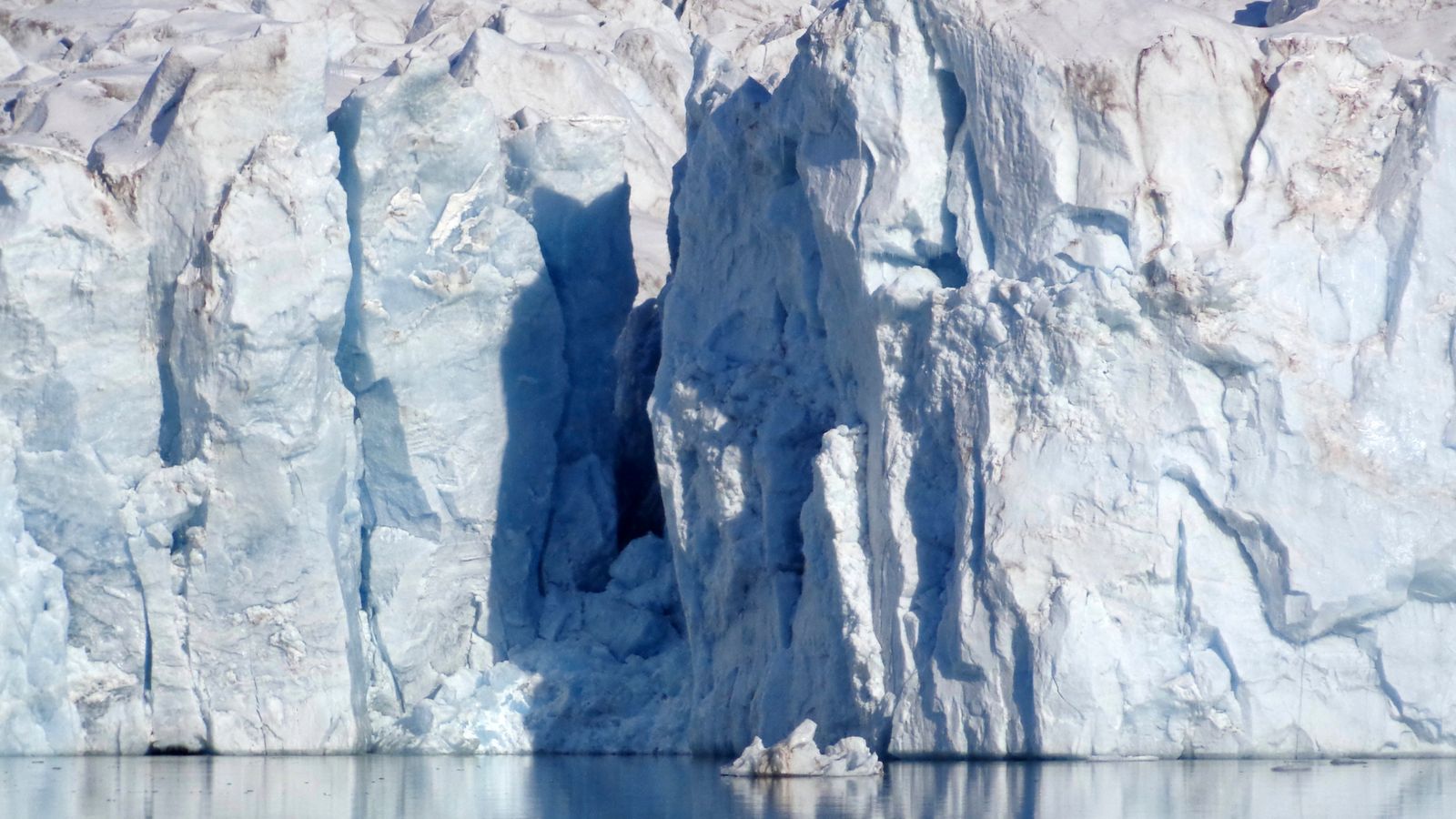The Arctic is now experiencing several “never before” events, with dramatic, human impacts on the planet’s ecosystem, according to a new report.
While the Arctic is supposed to be a climate-regulating system, the analysis warns that over the last 30 years it has warmed three times faster (at a rate of 0.81C per decade) than the global average (0.23C).
Launching the report from the Climate Crisis Advisory Group (CCAG), broadcaster and campaigner Ade Adepitan said it showed that “at the centre of the climate emergency is the Arctic.”
The CCAG calls the Arctic a “ground zero” for “cascading climate impacts across the planet”, warning that the rapid warming and melting there is likely a “major trigger” for disastrous changes to our weather systems.
This has been borne out in recent extreme events such as extremely severe heatwaves in the USA and Canada and flooding in Germany and China.
“Not only must we immediately reduce emissions particularly from fossil fuels, we must also look for ways to remove greenhouse gases from the atmosphere at scale,” said British scientist Sir David King, chair of the CCAG, a new group of climate-related experts aiming to provide the science and guidance towards climate repair.
“To buy time we must also continue to explore ways to repair those areas of the planet, such as the loss of ice in the Arctic Circle, which have passed a tipping point,” he said.
“Simply put, the price to humanity for failing to act now is far too steep to consider.”
The report says much of the technology needed to implement its recommended solutions already exists, calling for a “rapid political and collective response”.
It identifies a number of the Arctic’s “made in the region” solutions that work, including the observational capacity of indigenous peoples with their knowledge, adaptation solutions that “fit the shoe” and the rewilding capacity of carbon sinks.
It says the most important solution is to preserve and maintain the still existing poles of cold and habitats such as the large intact forests and tundra ecosystems, as long as possible.
The authors say we must explore ways of restoring damaged climate systems, including refreezing the Arctic, though no further detail was provided.
Subscribe to ClimateCast on Spotify, Apple Podcasts, or Spreaker.
Sky News has launched the first daily prime time news show dedicated to climate change.
The Daily Climate Show is broadcast at 6.30pm and 9.30pm Monday to Friday on Sky News, the Sky News website and app, on YouTube and Twitter.
Hosted by Anna Jones, it follows Sky News correspondents as they investigate how global warming is changing our landscape and how we all live our lives.
The show also highlights solutions to the crisis and how small changes can make a big difference.






















